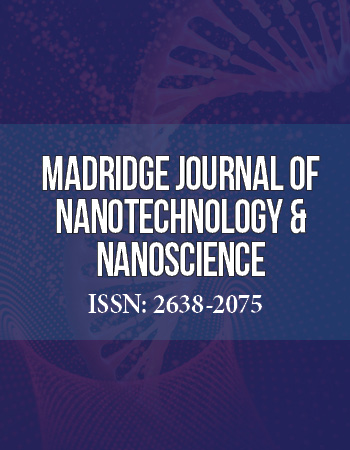International Nanotechnology Conference & Expo
April 04-06, 2016 | Baltimore, USA
Organolithium chemistry to green chemistry
Department of Synthetic Chemistry and Biological Chemistry, Graduate School of Engineering, Kyoto University, Japan
Protecting-group-free synthesis has received significant recent research interest in the context of ideal synthesis and green sustainable chemistry. In general, organolithium species react with electrophilic functional groups very rapidly, and therefore such functional groups should be protected before an organolithium reaction, if they are not involved in the desired transformation. If organolithium chemistry could be free from such a limitation, its power would be greatly enhanced. A flow reactor enables such protecting-group-free organolithium reactions by choosing the appropriate residence time and the reaction temperature. Organolithium species bearing alkoxycarbonyl, nitro, and ketone carbonyl groups can be generated and reacted with various electrophiles using a flow system. In addition, asymmetric carbolithiation of conjugate enynes can be also achieved without the epimerization of a configurationally unstable chiral organolithium intermediate based on precise control of the residence time using a flow microreactor.
In this presentation, we report that a flow system enables the generation of various unstable organolithium compounds.
Biography:
Dr. Aiichiro Nagaki, now is a junior associate professor of department of synthetic chemistry and biological chemistry, graduate school of engineering, kyoto university. Aiichiro Nagaki graduated from Doshisha University in 2000. He received his PhD in 2005 from Kyoto University under the supervision of Professor Junichi Yoshida. He worked with Professor Hiroaki Suga, Tokyo University, from 2005 as a postdoctoral fellow. In 2006, he became an assistant professor of Kyoto University. He was promoted to a senior lecturer in 2013. His current research interests are organic synthesis and microreactor synthesis. Awards: Takeda Pharmaceutical Co., Ltd. Award in Synthetic Organic Chemistry, Japan (2012), Incentive Award in Synthetic Organic Chemistry, Japan (2012), and Young Innovator Award on Chemistry, Micro-Nano Systems (2013), ESPEC Prize for the Encouragement of Environmental Studies (2013), and Flow Chemistry India 2014 Distinguished Presentation Award (2014).


